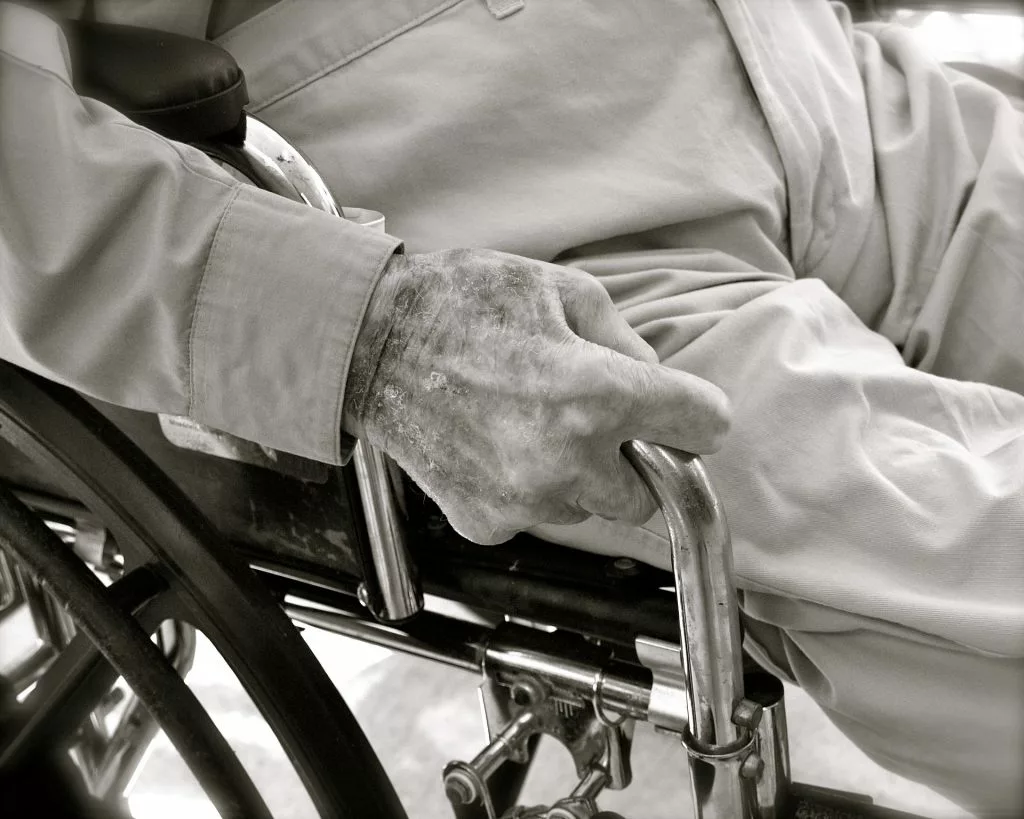
Nursing Home residents require around the clock care and focused one on one attention from skilled nurses and certified nurse assistants. Many nursing homes, however, have severe understaffing problems. These problems are largely the result of nursing home owners putting profits ahead of quality care. Why is a shortage of staff so important? Being short-staffed seriously impacts the quality of care that residents receive. Understaffing is one of the major contributing factors to nursing home abuse and neglect. And it can lead to the spread of infections like COVID-19 among vulnerable residents in nursing homes. Already, at least 400 nursing homes around the country have confirmed cases of COVID-19 and that number will likely increase in the days and weeks ahead.
Unfortunately, the problem of understaffing is not likely to go away any time soon. With 25% to 30% of nurses in Illinois set to retire in the next five years, the state expects a shortage of 21,000 nurses by 2021. By contrast, nursing homes expect to see significant growth in population. The number of Illinois residents age 85 and older is projected to grow by over 50 percent by 2030. This will worsen an already serious problem.
How Prevalent is Under Staffing?
Research indicates that as many as 95% of nursing homes and long term care facilities in the United States are understaffed. In Illinois, new legislation mandates fines for nursing homes that don’t meet minimum staffing requirements. Illinois requires at least 2.5 hours of direct daily care per resident. However, a Chicago Tribune investigation in 2018 found that at least 25% of Chicago-area nursing home residents lived in facilities that were unable to provide 2.5 hours per care, were understaffed, and provided less than the required one on one care.
The Consequences of Understaffing
The disparity between the number of nurses and the number of residents in long term care facilities diminishes the quality of care and attention each resident receives. Think of a school with a hundred students, but only one teacher. When the quality of care and one on one attention decreases, nursing home residents are more vulnerable to injuries and infections. Some of the most common injuries resulting from understaffing are:
Deadly Infections
Long before nursing homes were plagued by the novel Coronavirus, nursing homes were struggling to prevent the spread of infectious viruses and bacteria. In a survey of 9,372 nursing homes, 61% were cited for one or more infection-control deficiencies. That number is even higher in Illinois with 89% of nursing homes have been cited at least once since 2016 for failing to implement proper infection controls.
In understaffed nursing homes, healthcare workers are more likely to neglect safety procedures like regular handwashing and disinfecting, which can lead to the spread of infections among staff and residents. The spread of deadly infections, like the COVID-19 virus or others, can be prevented by implementing proper infection control policies, training staff, and providing an adequate number of staff to care for residents.
Bedsores
With fewer staff and more residents, nursing homes are also struggling to prevent residents from acquiring bedsores or pressure sores. Bedsores or pressure sores can form when bedbound residents are not turned or repositioned regularly, or when residents are left to sit without moving for long periods of time. Bedsores can also be the result of a skin infection, which makes infection control policies all the more important.
Bedsores are largely preventable with proper infection control, proper skin checks, and skin integrity procedures, as well as the proper numbers of staff to ensure residents are comfortable and healthy. The reality, however, is that approximately 1 in 10 nursing home residents will develop a pressure store at some point. And while pressure sores are treatable, especially if caught early, if they are not detected by staff, they can lead to more serious infections and even death.
Falls or Drops
Falls are an ever-present danger in nursing homes, but without adequate staff to help, residents who need assistance with walking, standing, bathing, or getting from their bed to chair are at higher risk. Falls are a leading cause of death among the elderly. Falls can also contribute to traumatic brain injuries, fractures, or spinal cord injuries that have life-altering consequences. Proper monitoring of residents who are high risk for falls is critical to preventing fall-related injuries, however, this requires that nursing homes be fully staffed and vigilant.
Some residents require special lift equipment, like a Hoyer Lift, to get them out of wheelchairs, beds, or chairs. Others require at least two staff members to lift them – called a “two-person assist.” When there are not enough staff members to perform tw0-person assists or operate lift equipment, residents can be dropped onto the floor. Drops have the same serious consequences as falls and are largely preventable.
Nursing Home Abuse and Neglect Lawyers Who Care
At The Collins Law Firm, our compassionate nursing home attorneys help families who have been impacted by nursing home negligence. Call us at (630)-527-1595 if your loved one has suffered from a fall, an infection, or a pressure sore because of inadequate staff at his or her nursing home and ask for your FREE consultation today.
